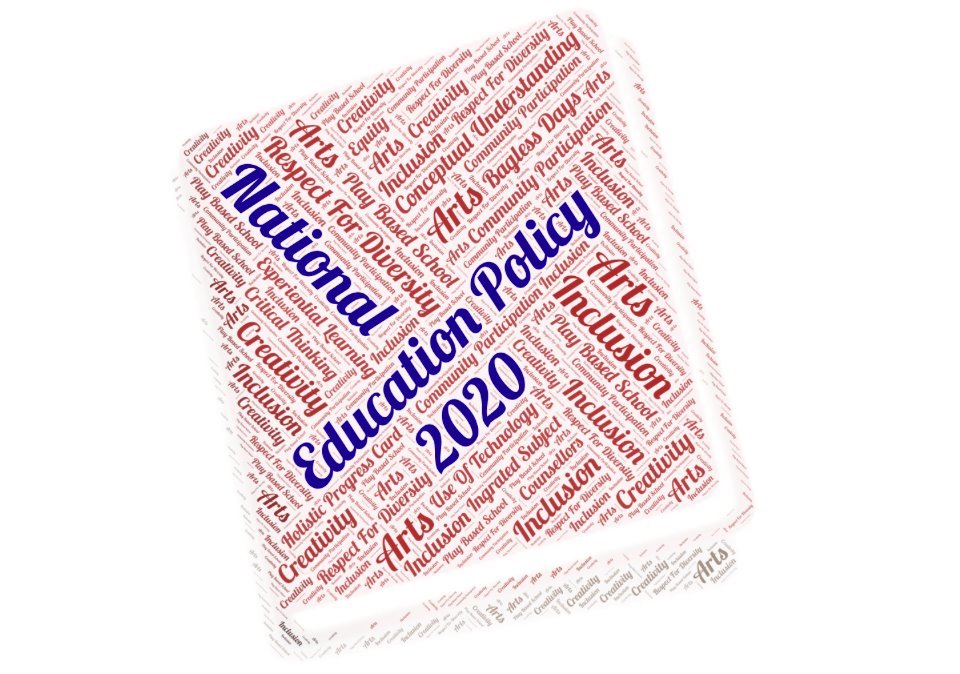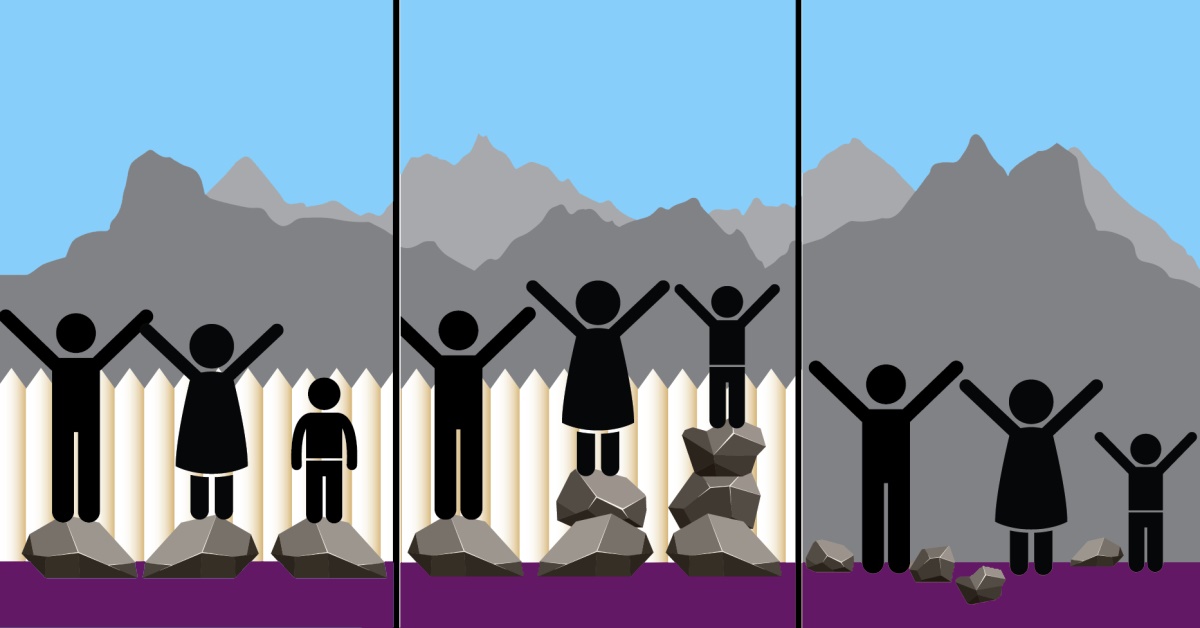From being symbolic of prosperity, fertility, rebirth and creativity, to appearing as the first of the Dashavatars “Matsya” in Hindu mythology, the fish has been representative of intelligence, endurance, consciousness, transformation and more, across world cultures and religious practises.
At Snehadhara, the theme of the fish swam through concepts of nature, music, art, dance, cooking, and science among others, as the children spent four weeks with the wonderful text The Magical Fish. The story is the pursuit of happiness and the eventual realisation that any adversity can be faced bravely if a sense of community is fostered. Our children too dappled with complex real-life topics across a spectrum of subjects in our typically mindful and creative style as the arts seamlessly strung them all together.
So, they danced, they cooked, they sang, they painted, they laughed, and they squealed as learning continued to be a fun and informative experience, the Snehadhara way. As a centre whose raison d’étre hinges on the profound impact of the arts on the learning process, we feel gratified when we look at how much the children have endured through the lockdown, transformed themselves and become more conscious to the world of today. Much like the symbolic fish, our children too are testimony to the rebirth of healing and therapeutic teaching devices, and the reimagining of creativity to aid the same process, as the COVID-19 world continues unabated.
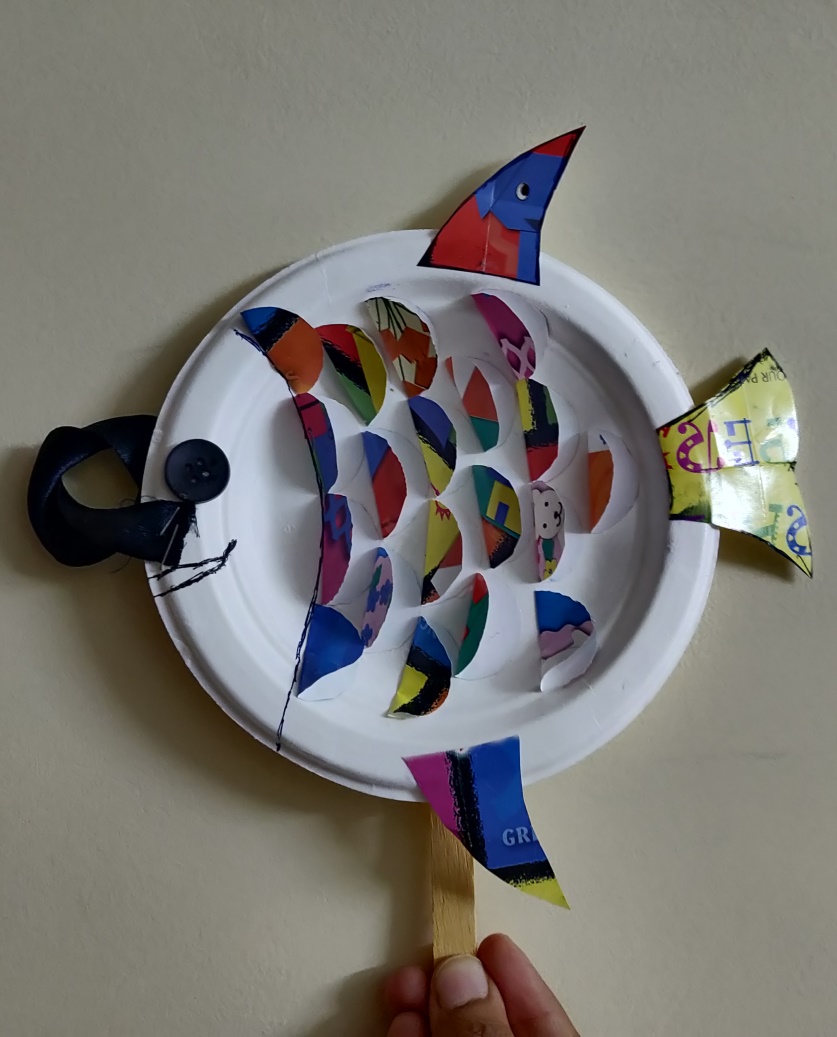
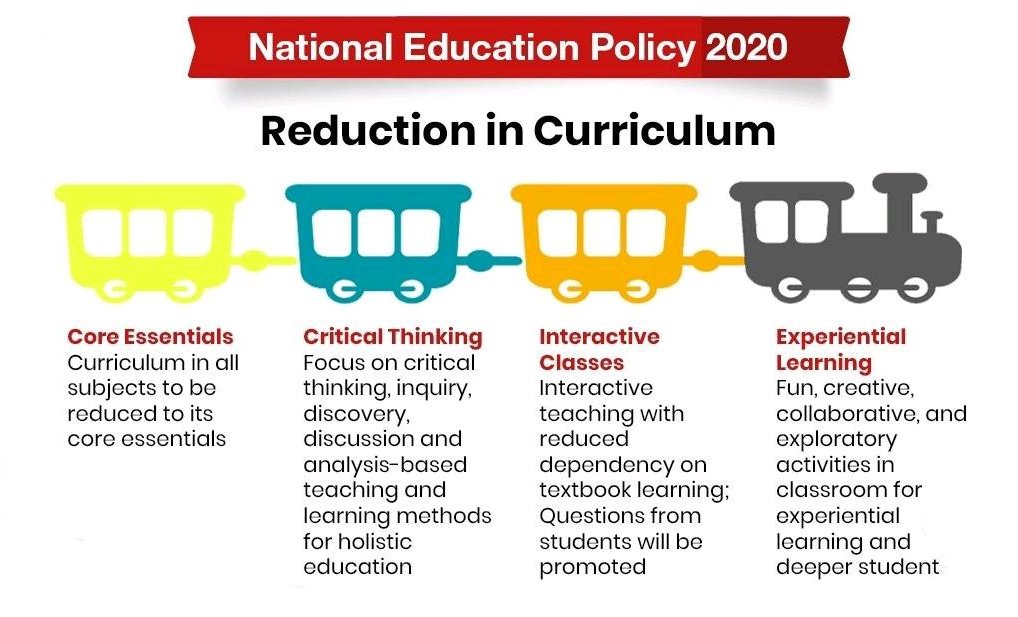
Speaking of rebirth of pedagogical approaches, the Centre’s announcement of the much-needed revamped National Education Policy, with a vision to ensuring equity and inclusion by 2040, is a laudable effort that we wholeheartedly support. The policy promises a tectonic shift in the way education and learning will be approached in India—moving away from rote and exam-focused curricula, to a more holistic, multidisciplinary, and experiential approach.
This aligns perfectly with what we at Snehadhara have been emphasising and working with all along. The new policy proposes a fun, creative, and collaborative attitude to learning with no hard separation between curricular, co-curricular and extra-curricular activities. Among the noteworthy inclusions in the new policy is the importance of “inclusion” itself. It mandates differentiated interventions and suitable infrastructure development at schools to make access easier for children with disability, while putting onus on the principals and teachers to explicitly work at developing a caring and inclusive culture at school. The plan mentions that children with special needs will be integrated in the regular schooling process from elementary to higher education levels, while also listing that the NIOS will develop high-quality modules to teach Indian Sign Language to regular students. It also makes specific mention of alternative forms of schools being encouraged in order to preserve alternative pedagogical styles.
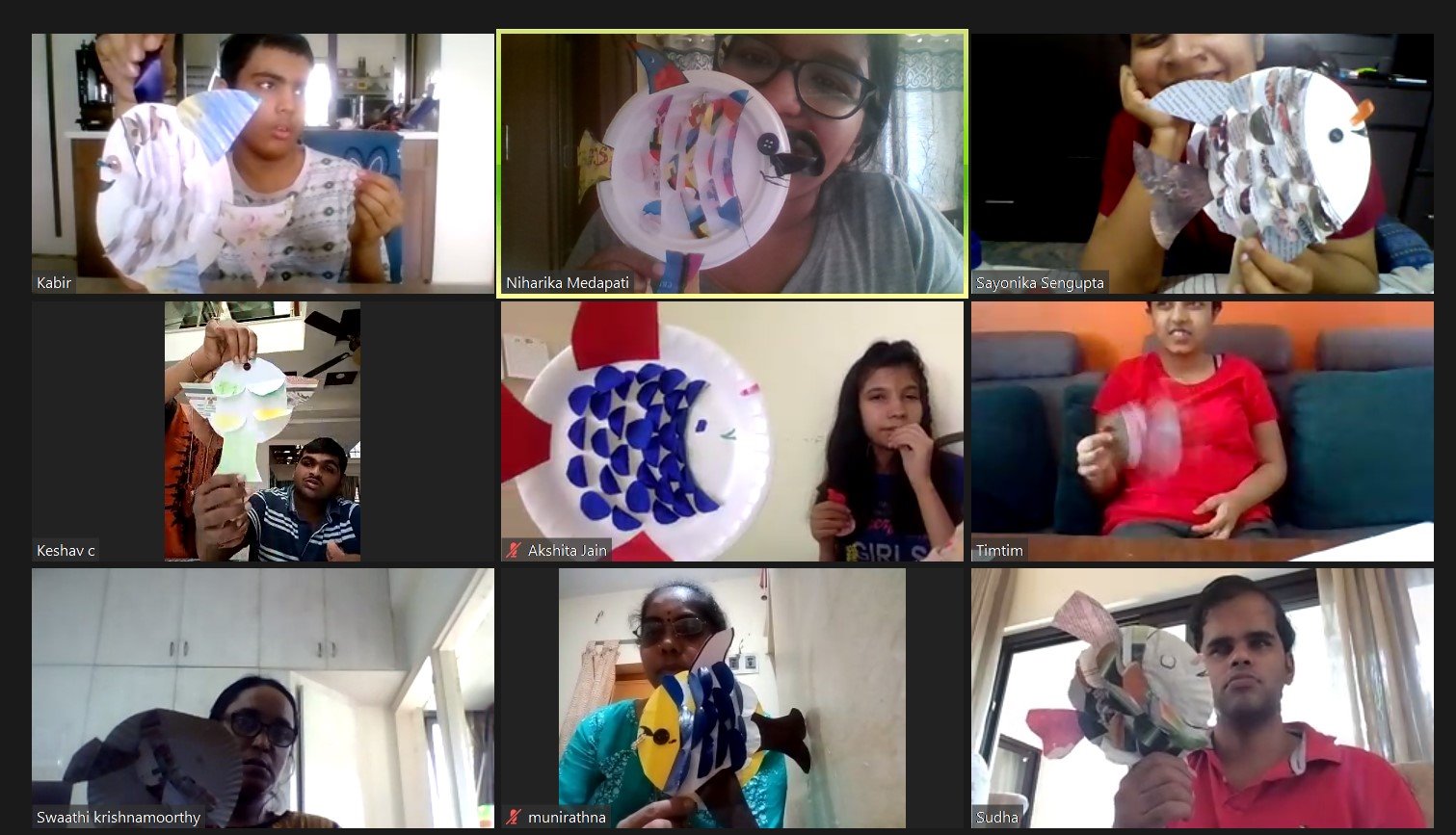
We at Snehadhara Foundation feel that although the Centre has a mammoth task cut out for itself to transform school education as we’ve known it so far, all of us stakeholders in the well-being of children have a role to play in effectively executing the vision. When special needs children are integrated into mainstream schools, they are not the only ones who benefit. The school itself and the other children stand to gain so much about life, relationships, empathy and more, creating a mutually beneficial environment devoid of social and emotional segregation.
With the Arts gaining more importance as a teaching tool, we’re inching closer to realising a dream of one world for all. The success of the Snehadhara Foundation format and the space within that for fluid learning structures that are learner-centric, has given us much experience to aid anyone who will be making this paradigm shift. Through our work, there is ample capability demonstration of working with the arts and proving the efficacy of the story-based, hands-on learning that the new policy wishes to focus on. We embrace this new policy and will be delighted to do our part in sharing our best practices with schools and teachers. The policy also recognises the importance of technology in the teaching process and Snehadhara will continue to assist teachers and facilitators to best use tech for engaging with children with special needs.

